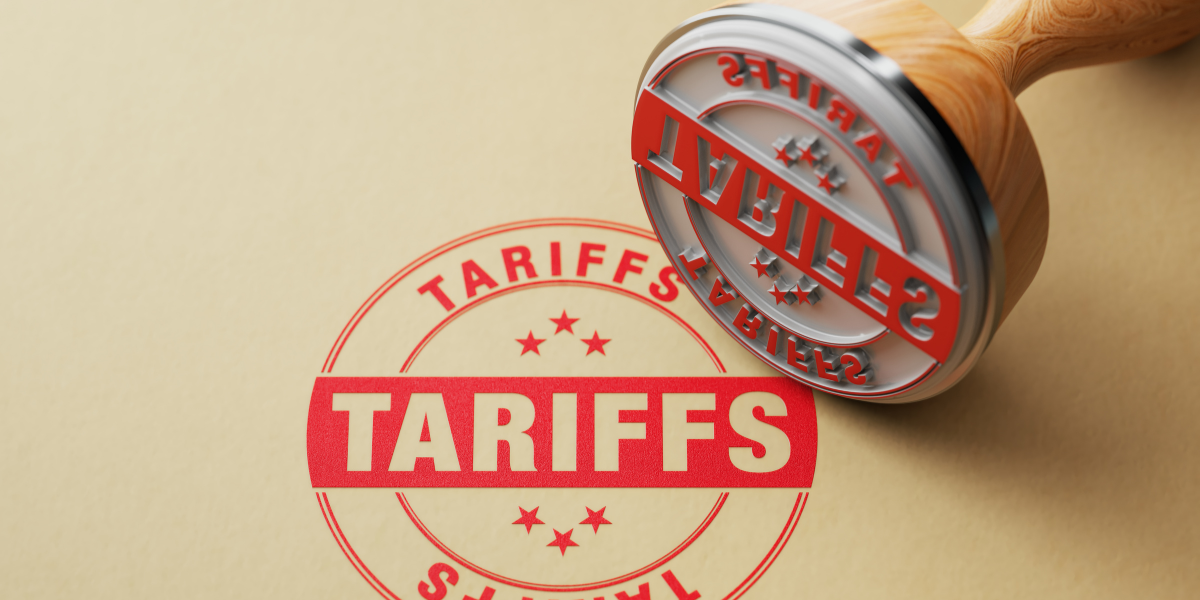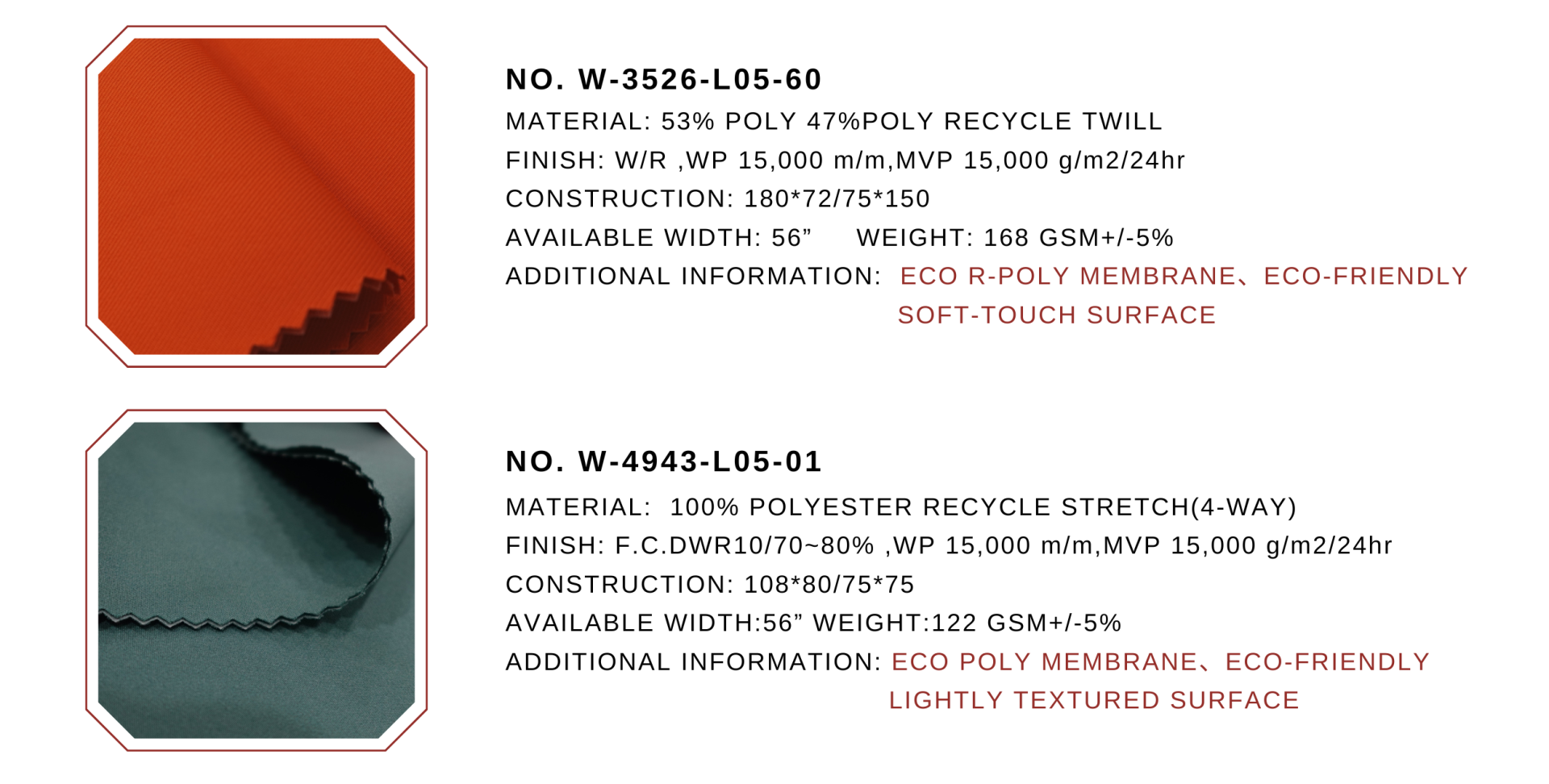
On April 2nd, U.S. President Donald Trump officially announced a 10% universal tariff on all imported goods, along with additional “reciprocal tariffs” targeting 60 countries with which the U.S. has the highest trade deficits. According to released figures, Taiwan will face a 32% tariff, placing it among the top impacted countries — a development that poses considerable pressure on export-driven industries.
Key Points
-
Tariff logic: Reciprocal tariff rate = Trade deficit ÷ Total U.S. imports from the country.
-
Taiwan faces a 32% tariff due to its large exports and trade surplus with the U.S.
-
The new global tariff policy eliminates production relocation as a viable tax avoidance strategy.
Impacts & Taiwan Textile Industry's Strategic Strengths
Under the new universal tariff framework, relocating to popular Southeast Asian production hubs is no longer an effective way to avoid duties. Publicly available data shows steep tariff rates in Cambodia (49%), Vietnam (46%), and Bangladesh (37%). Taiwan, by comparison, offers three distinct strengths:
Proven Quality: Taiwan’s MIT-grade standards and advanced textile know-how are widely trusted by global brands.
Sustained Demand: Demand from U.S. consumers for Taiwan’s professional products is unlikely to fade anytime soon.
Competitive Barrier Effect: As high tariffs intensify , low-cost competitors face greater risks of being phased out and supply disruptions. This highlights Taiwan’s strength in quality and reliability, further widening the gap and creating long-term strategic differentiation.
Enhancing Value and Strengthening Profit Margins
In light of evolving tariff policies, the textile industry can no longer rely solely on low-cost production or shifting manufacturing locations to reduce risk. Transformation and value enhancement are now essential to securing future orders and maintaining global competitiveness.
Focus on Function & Sustainability : Develop eco-friendly, bio-based, or recycled materials with performance validation to support premium pricing and brand trust.
Strengthen Supply Chain Collaboration: Engage suppliers early to co-develop functional, sustainable products that align with brand positioning and innovation.
Expand into ESG-Driven Markets : Target regions like Europe and Japan that value ESG, supply chain transparency, and carbon disclosures through trade shows and B2B platforms.
🤝 To Our Valued Partners:
We recognize the uncertainty these policies may cause. Hwafune is committed to standing with you—offering resilient, high-value textile solutions for long-term partnership. Let’s navigate this change together and turn disruption into opportunity.
Fabric Recommendations

